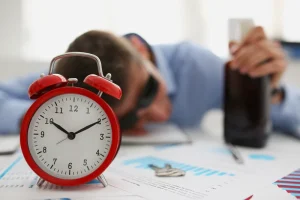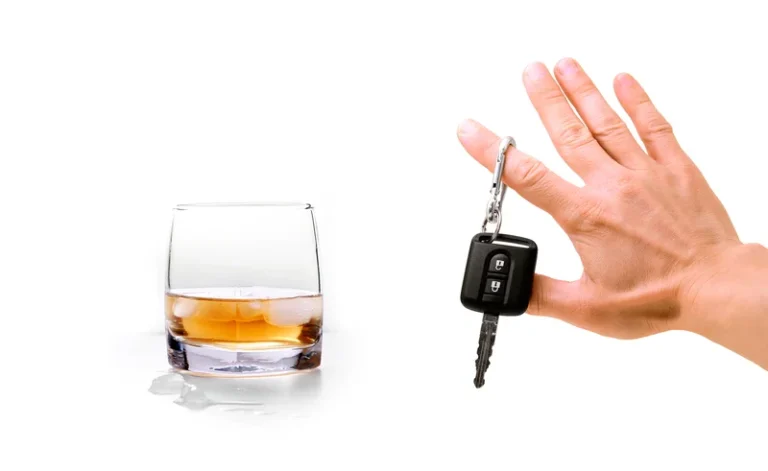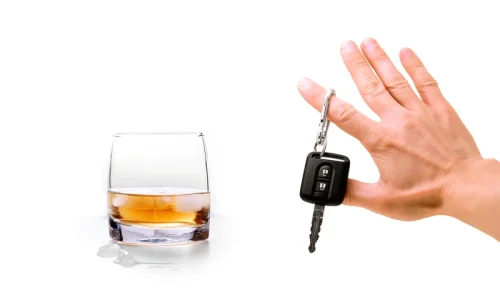
It’s essential to commit yourself to staying the course, and gathering the resources you know will help you stick with sobriety. Minor symptoms of alcohol withdrawal can be overcome with rest and at-home remedies, and it is possible for some people to taper off alcohol without supervision. However, individuals who suffer from alcohol addiction require professional rehab. The purpose of tapering off alcohol is to avoid major withdrawal symptoms so you can achieve sobriety safely.
- You learned something, made progress, and put yourself in a better position for success.
- The practical methods and tactics below are some of the ways people find success in quitting alcohol.
- These symptoms can range from mild to severe and potentially life-threatening.
- Studies show support groups play an instrumental role in helping people develop healthy social networks that result in continued sobriety.
Managing Boredom and Free Time
“By lunchtime you were beginning to taste what you were going to drink. You’re all relaxed and chilled, you’d share stories, and it was a very positive experience. Without any weekend drinking sessions in my https://ecosoberhouse.com/ schedule, I noticed this impact subsided after a couple of weeks, which is par for the course according to Professor Nutt. Drinkchat is a free online chat service with trained advisors offering confidential advice.
Seek professional help
During the 12- to 24-hour time frame after the last drink, most people will begin to have noticeable symptoms. These may still be mild, or the existing symptoms might increase in severity. Keep in mind that alcohol detox is only the first step, and additional treatment—including medication and individual or group counseling—is a must if you want to maintain your sobriety.
Take some time to explore your relationship with alcohol
This is because alcohol can cause depression, anxiety, and other mental health problems. The brain also begins to repair some of the damage and shrinkage you may have experienced while drinking. One study showed that after 6 weeks of abstinence from alcohol, brain volume increases by an average of 2%. There are many support options available that can help guide you through alcohol withdrawal, as well as abstaining from alcohol after withdrawal. For people at low risk of complications, an office visit to your primary care provider, along with at-home monitoring and virtual office visits, may suffice. People at high risk of complications should enter a short-term in-patient detox program.

This could mean opting out of the weekly pub quiz for a while, or if you tend to drink when eating out, try going to restaurants that don’t sell alcohol or simply volunteer to drive. Avoid taking prescription drugs that your doctor hasn’t prescribed to you. If withdrawal is so uncomfortable that you’re turning to drugs for comfort, you should contact your doctor or a rehab center to discuss medically supervised withdrawal.
Top 7 Ways to Stop Drinking: How to Quit Alcohol
If that’s where you’re setting your expectations, you might feel like you gave up something you loved (getting really drunk) for no good reason, even when that’s objectively not true. One way to combat that feeling, Dr. Koob says, is to check in with yourself after a few months of sobriety to take stock of the benefits you’re reaping. When you quit drinking alcohol, there isn’t any way around feeling like you’re missing something. Tell your family and friends that you’re aiming to stop drinking alcohol and explain why. This way, you can share your successes with them, and they’ll understand why you’ve started turning down drinks or trips to the pub. In fact, you may find the whole process is much less disruptive and easier to stick with if you avoid a residential treatment center.
This is a collection of personal quotes I’ve made since getting sober in 2013. I hope these help someone struggling with their addiction as well. Implementing these new habits takes time, but reducing or eliminating your alcohol consumption is worth tips to quit drinking it. Alcohol is the only drug where people think you have a problem if you don’t do it. If it’s all you’ve known and you give it up out of fear, your desire for familiarity will win in the long run.

Avoid loneliness.
Comparing the emotions that come up when you have a drink with the feelings you experience when abstaining also helps you recognize when drinking doesn’t fix the problems you’re trying to manage. Family and friends can provide encouragement and support when you stop drinking. By opening up about your relationship with alcohol, you might also encourage others to explore their own drinking habits. Becoming more aware of your alcohol triggers and reasons for drinking can help you plan ways to help manage the urge to drink.
- At this point, your risk of developing all types of disease will be reduced and your bone density will start to increase.
- If severe vomiting is present, you may need to receive IV fluids so you don’t become dehydrated.
Talk to Your Doctor

After three days, you will likely start to feel more like yourself. If you’re considering giving up alcohol, but aren’t sure how to stop drinking, you are far from alone. The truth is no two people’s reasons to quit drinking—or their journeys to quitting—are going to be the same. Factors that influence what your experience will likely include how much you drink and your overall physical and emotional health. Having a plan to quit and exploring resources that can help you give up alcohol successfully can improve your chances for success.


